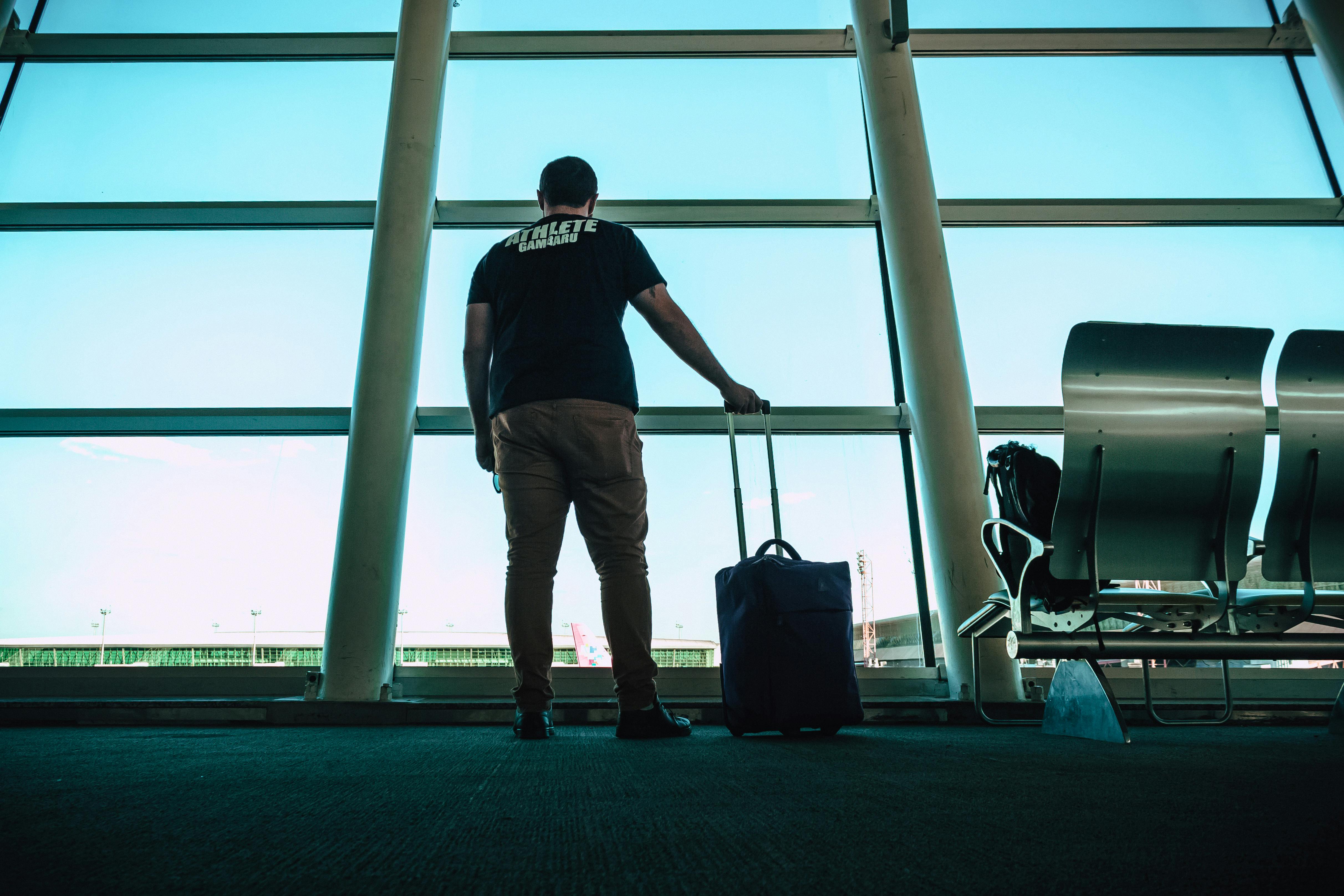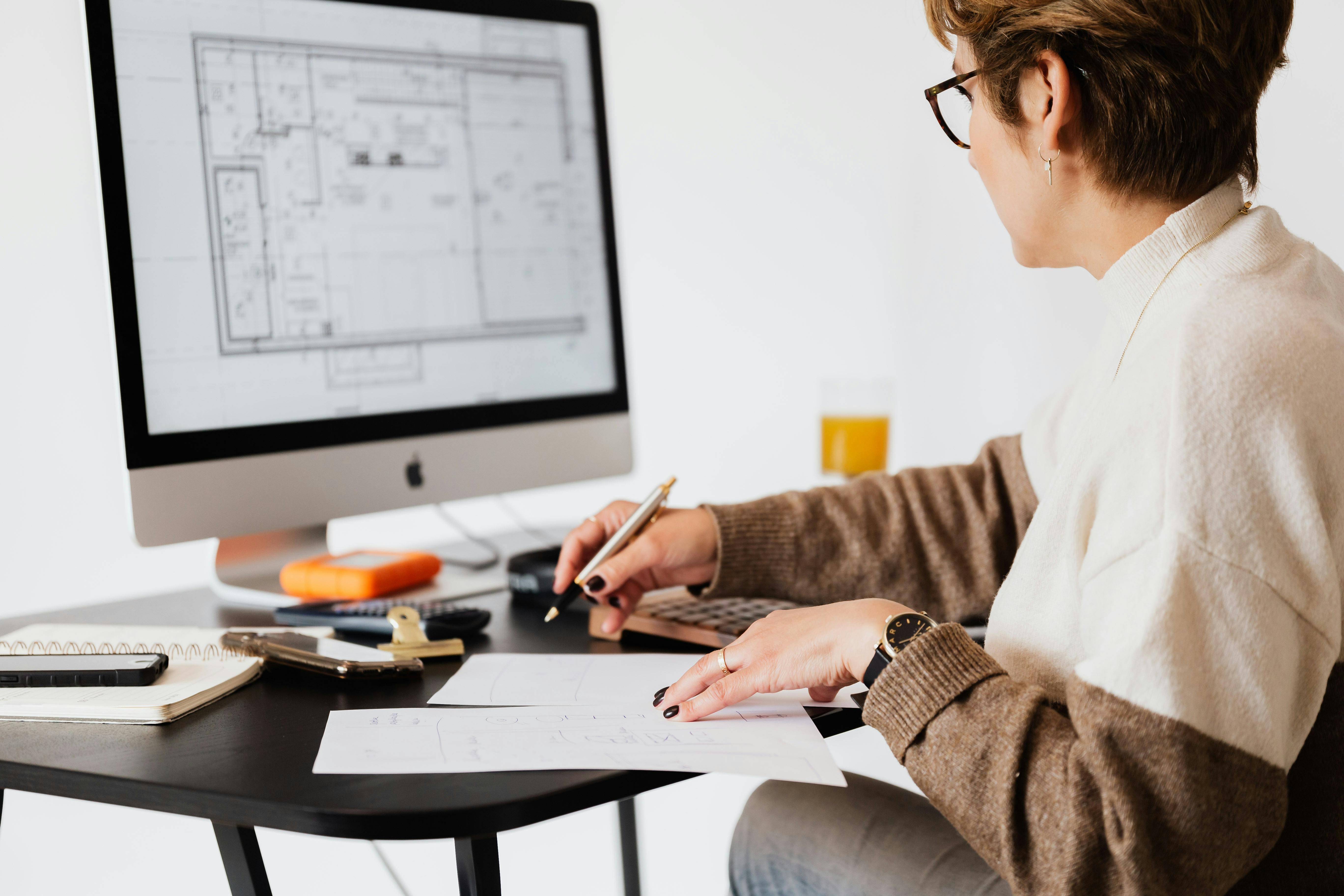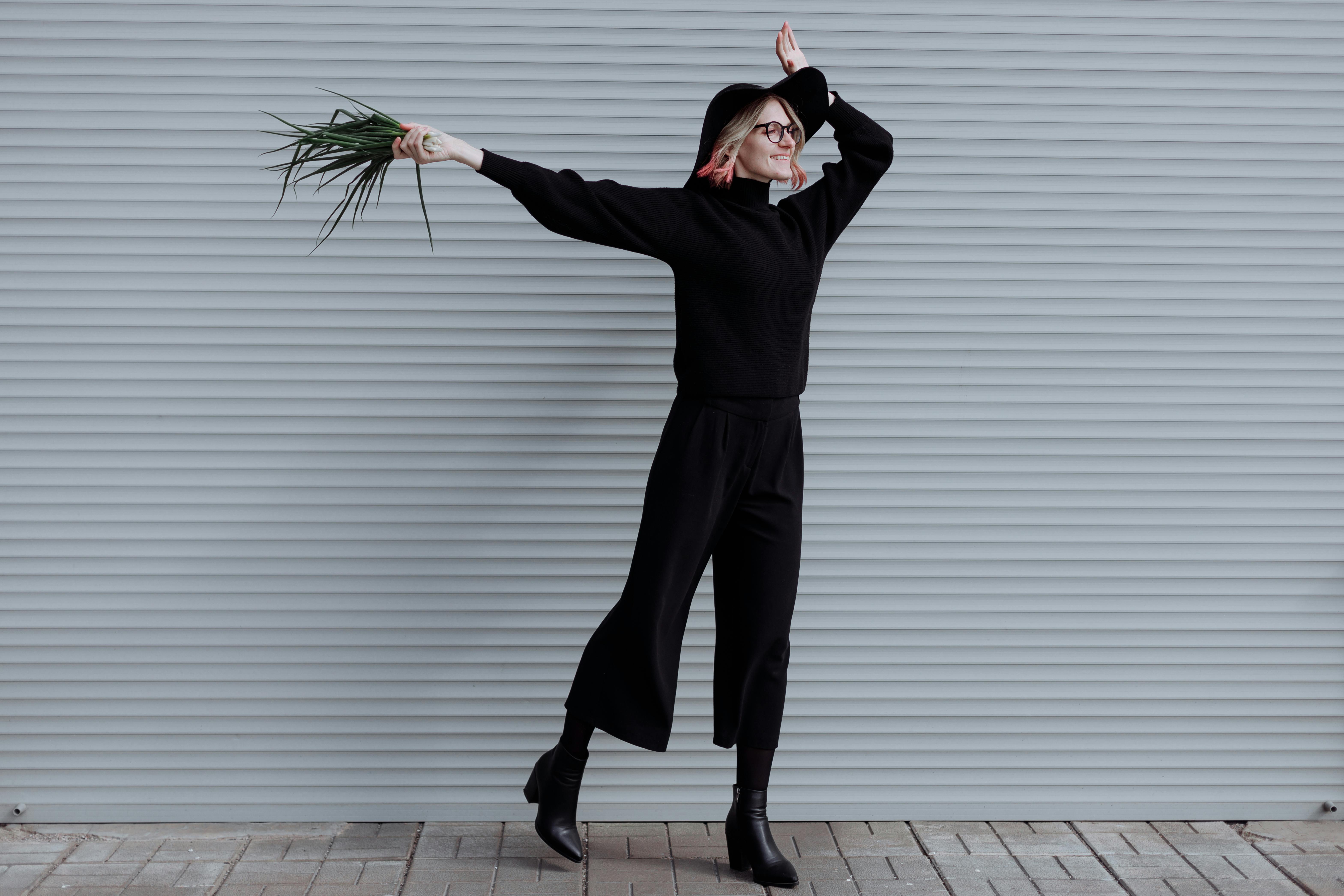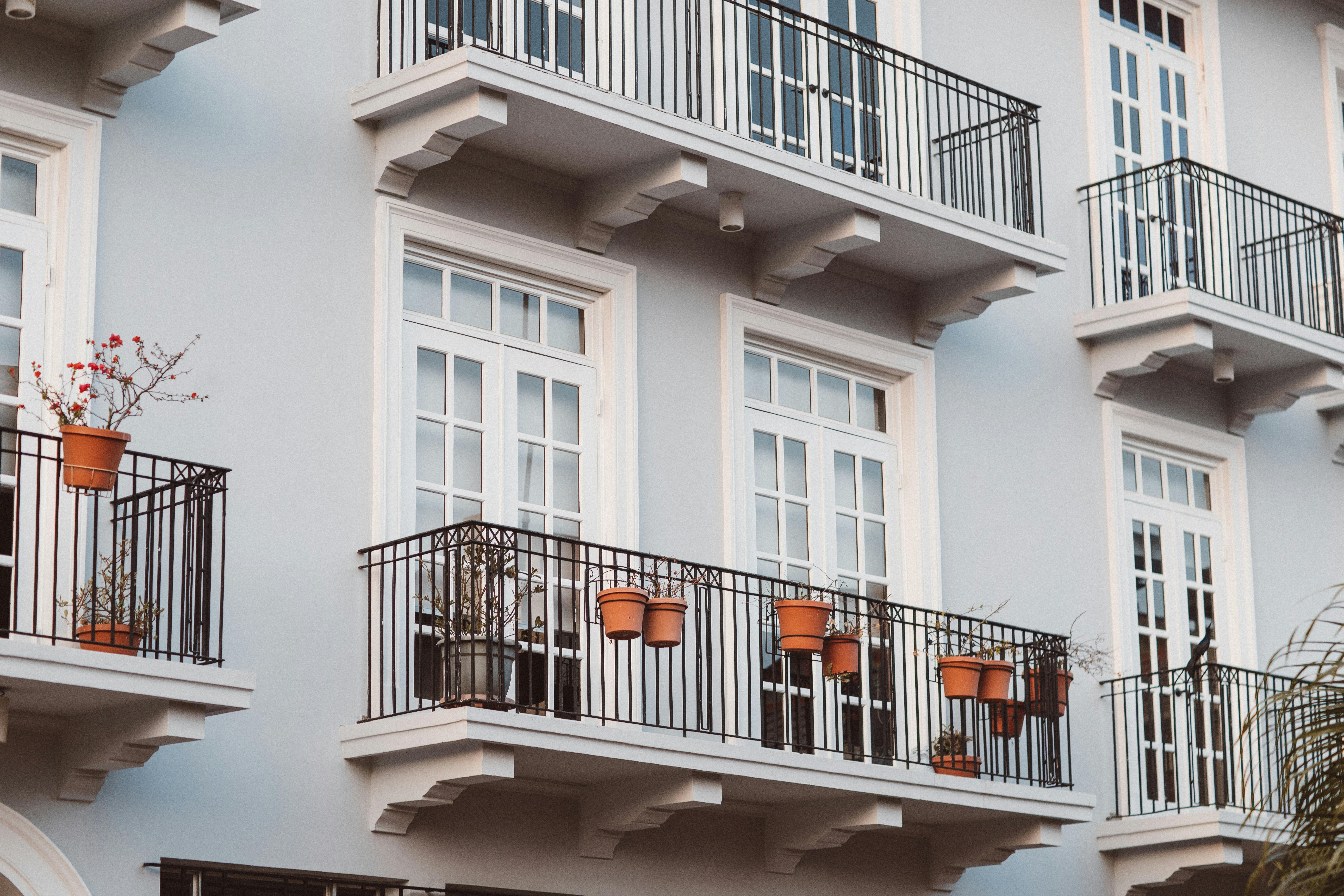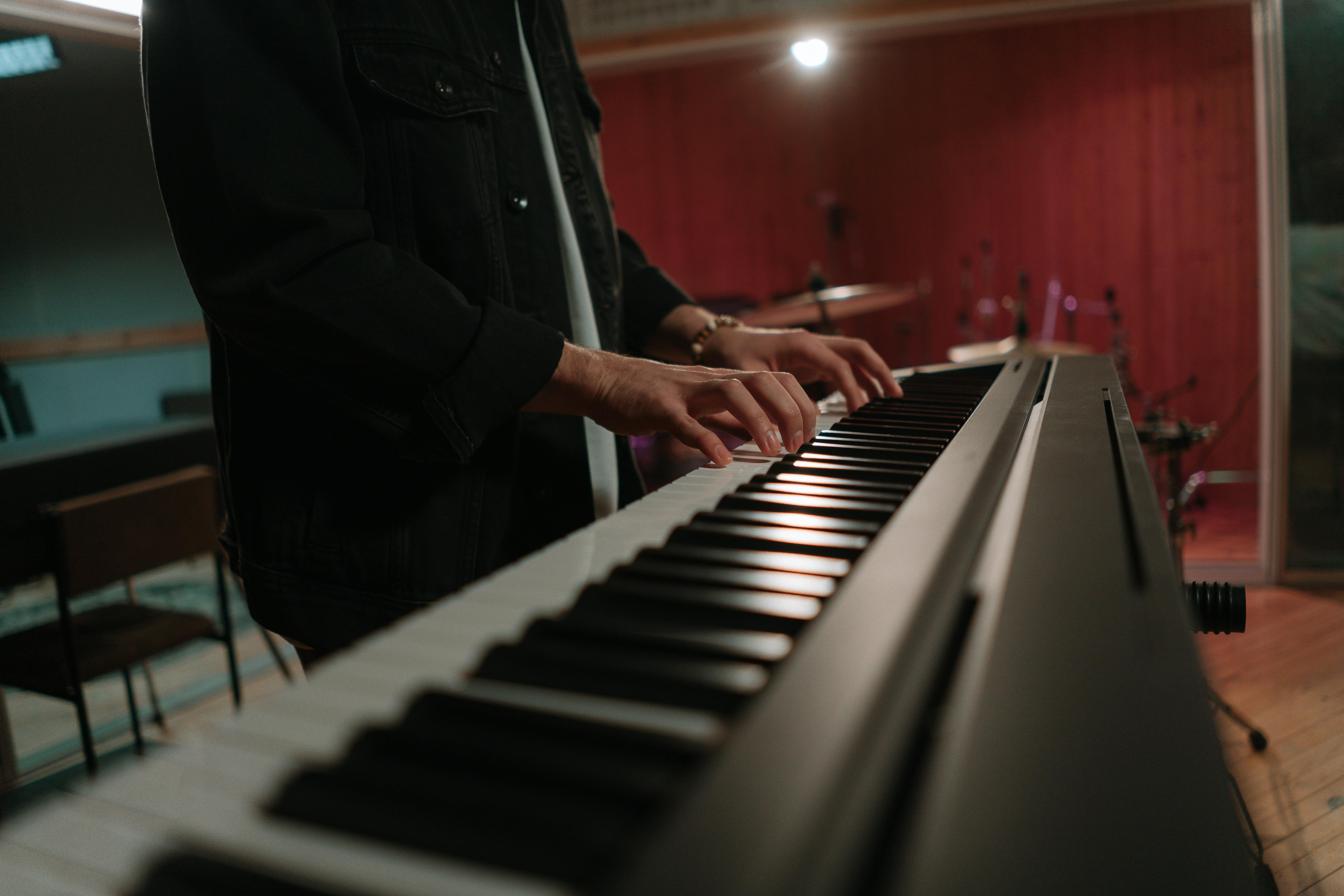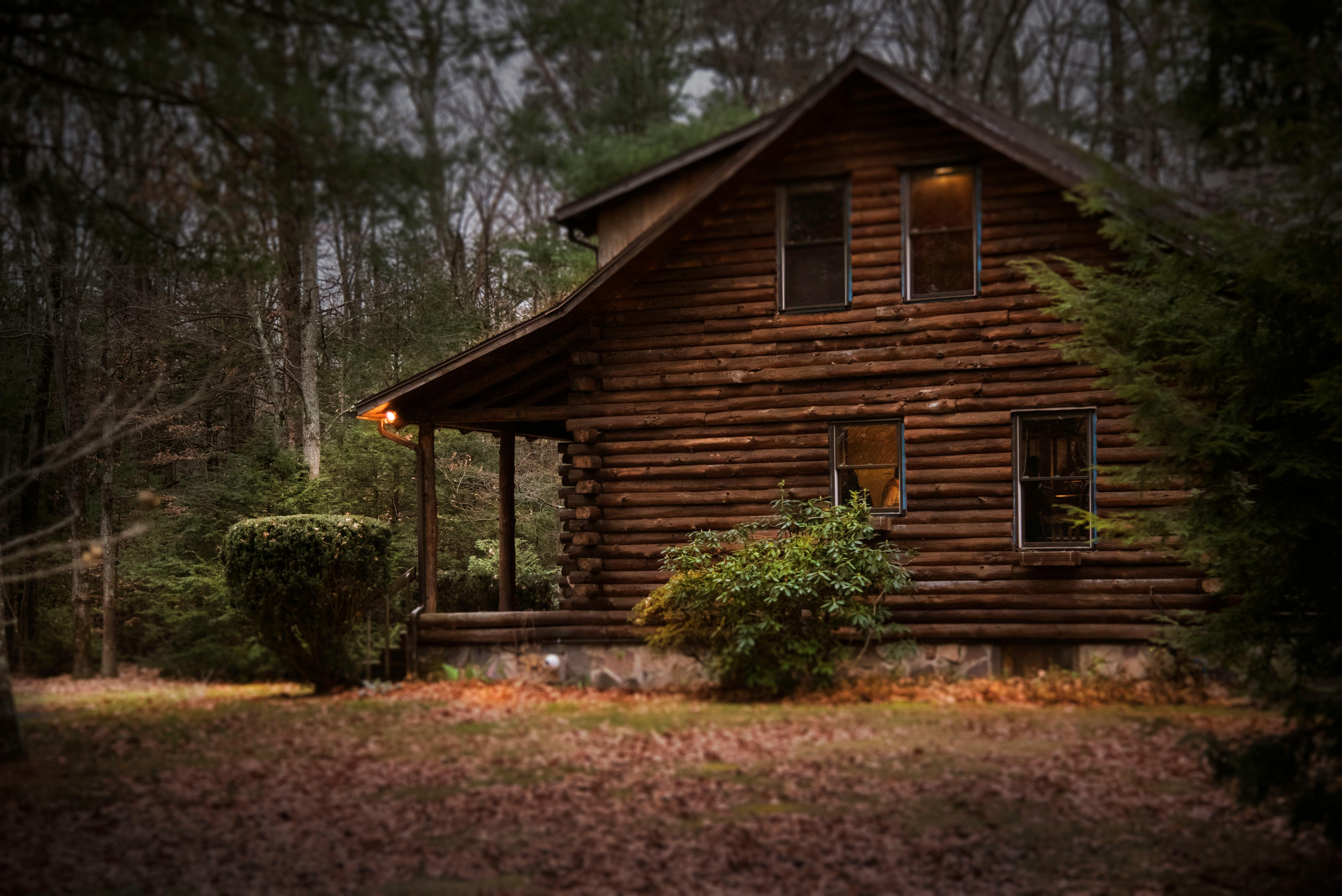
26 things you should know before traveling to Morocco for tourism
Morocco is a wonderful and open taste of the exotic. It’s also an adventure into some of North Africa’s most stunning scenery with the desert on your doorstep and the rugged heights of the Atlas Mountains beyond. Morocco is also a journey into a timeless, tranquil world of cute seaside towns, colorfully painted villages clinging to hillsides, and remote outposts defended by fairytale mud-brick forts. This fascinating country is a fusion of the African and Arab worlds, and is steeped in age-old customs. It’s no wonder that Morocco has been celebrated by artists and writers for decades and continues to enchant all who visit.
However, there are 26 things you should know before traveling to Morocco for tourism:
1. Every year more people visit Morocco.
2. It is a beautiful country
3. Morocco is one of the peaceful countries in the world with many places of interest to visit, especially when embarking on tourism.
4. You do not need any vaccinations before going to Morocco, unless you decide on your own, but it is not mandatory. Although it is advisable to get vaccinated to avoid getting infected with rabies and hepatitis, etc., in the past, no one has had any health problems.
5. The exchange rate of Moroccan Dirham to 1 dollar is 10.08 Dirham
6. Morocco is a great bargain to travel. In relative terms, the price of the Dirham is good and constant, so there should not be many surprises.
7. Hotels in Morocco are cheap, good value for money and usually quite easy to find.
8. Visa and MasterCard are accepted at most ATMs for cash advances, but remember that credit cards are not accepted at many smaller stores. The maximum amount you can withdraw is usually 4,000 dirhams, which is around 370 euros, 460 US dollars or 230 British pounds.
9. Once you are in Morocco, you will need cash immediately to pay for transportation. You’d better go to the first ATM you see at the airport, but don’t take much there.
10. Do not carry a large amount of money when you move to avoid losing your money. Hide most of it in your hotel and only take with you what you expect to spend that day.
11. Keep some 1 dirham coins in a pocket for when you run into beggars. If you can afford a vacation in Morocco, you can afford to give a beggar a coin. I do it all the time.
12. In Morocco, don’t use your left hand to do anything socially important, like eating or shaking hands. Moroccans feel that it is dirty, especially in public, keep in mind this important cultural distinction.
13. In Morocco, women often dress modestly in their culture and the Western trend of wanting to run in tank tops and shorts when it’s hot (usually hot!) is out of character.
14. A woman traveling to Morocco should wear long skirts and dresses, jeans or pants that cover the knees, draped tunics, polo shirts and camisoles that can be worn under sweaters and cardigans. Women generally wear sandals or loafers; they rarely wear heels.
15. In Morocco, 99% of its population is Muslim. Therefore, the first rule of dress in Morocco is to respect Islam’s emphasis on modesty. Clothing and accessories are not intended to attract attention or excessively reveal the body. Women should make sure their clothing does not expose cleavage, shoulders, or thighs.
16. In Morocco, unless you want to attract attention, it’s best to limit the display of flashy jewelry, luxury handbags, and high-end electronics.
17. In general, men should wear long pants with a shirt, ideally with a collar. Men may wear sandals, loafers, or tennis shoes, whichever is appropriate for the context of the visit. While some boys and young men wear shorts in public, it is less common, particularly among adult men.
18. Morocco is suffocating in the summer months; however, it is still necessary to cover the shoulders and legs. For women, a flowing long dress with a light sweater or scarf draped over the shoulders is a brilliant way to stay cool and blend in with women wearing soaps and kaftans.
19. It is not necessary for non-Muslim women to wear a hijab, or a veil that hides a woman’s hair. Moroccan women choose for themselves whether or not to cover themselves and this decision is largely based on religious motivations.
20. In Morocco, it is easy to get alcohol in many bars despite Muslim censorship against it. In bigger cities, like Casablanca or Marrakech, you can find bars and clubs where they like to party until dawn.
21. All visitors to Morocco are strongly recommended to have a travel insurance policy that covers theft, loss and, in particular, medical problems.
22. Driving Make sure you have adequate travel medical insurance and any relevant car insurance if you are driving.
23. Extensions: If you need to extend your coverage down the road, do so before it expires or a more expensive premium may apply.
24. In Morocco, almost all English-speaking countries (with the exception of South Africa) do not require a visa to enter the country, and visitors can stay up to 90 days, so check with the Moroccan embassy online in your own country only to be safe.
25. In Morocco, you will most likely need a power converter, especially if you want to charge your cell phone.
26. In Morocco, men can dress however they want, but women must dress more conservatively.

